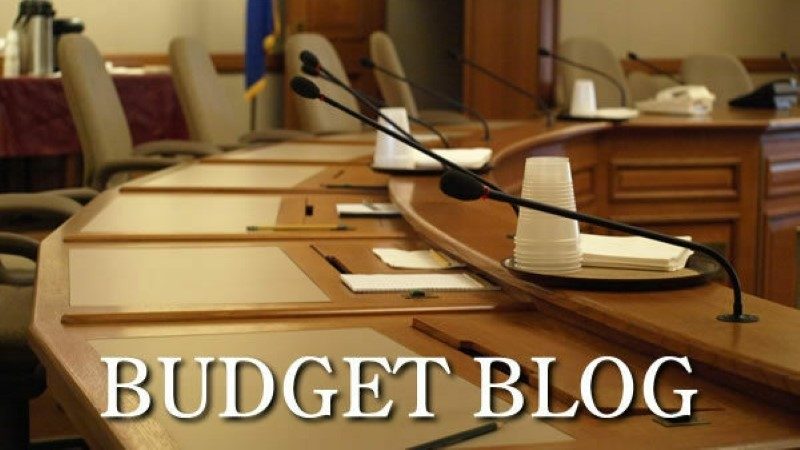Wisconsinites called for investments to support special education, district attorneys, libraries and the arts, while urging against cuts to Medicaid at a Joint Finance Committee hearing April 2 in Kaukauna. State Superintendent Jill Underly also traveled to Kaukauna, fresh off her reelection, to testify before lawmakers, urging them to invest more in public education. “The people spoke last ...
Please log in to access subscriber content.
If you don't have a subscription, please contact schmies@wispolitics.com for subscription options on the WisPolitics-State Affairs platform, which is the new home for WisPolitics subscriber products.

